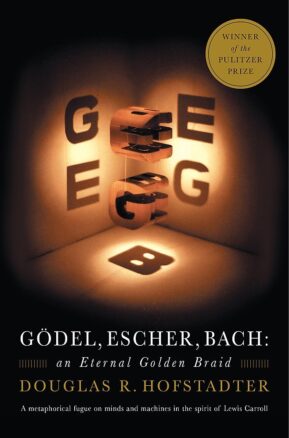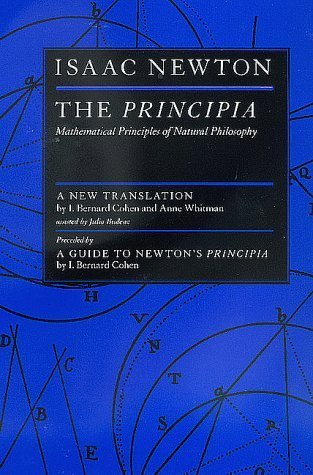
The Principia : Mathematical Principles of Natural Philosophy Summary of Isaac Newton's Book

The Principia : Mathematical Principles of Natural Philosophy by Isaac Newton
Isaac Newton's *The Principia : Mathematical Principles of Natural Philosophy* is a groundbreaking work that revolutionized the field of physics and our understanding of the natural world. First published on July 1, 1687, this seminal text is a cornerstone of scientific thought and inquiry. In this mega-article, we will delve into the characters, detailed summary, and extensive analysis of this remarkable book.
Characters
The central character of the *The Principia* is none other than the brilliant scientist and mathematician, Isaac Newton. As the author of this monumental work, Newton lays out the mathematical principles that govern the physical world. His insights and discoveries have had a profound impact on the development of modern science and continue to shape our understanding of the universe.
Detailed Summary
In his work, Newton presents a comprehensive framework for understanding the fundamental principles of time, force, and motion. He establishes the laws of motion, describing acceleration, deceleration, and inertial movement. Newton also delves into fluid dynamics and provides detailed explanations for the motions of celestial bodies such as the earth, moon, planets, and comets.
One of the most significant contributions of *The Principia* is Newton's law of universal gravity. This law, along with the three laws of motion, forms the basis of Newtonian physics and has been instrumental in shaping modern scientific inquiry. By providing a mathematical explanation for the movements of celestial bodies, Newton effectively resolved the debate surrounding the Copernican planetary system.
Extensive Analysis
Newton's *The Principia* represents a monumental shift in scientific thought. By applying mathematical principles to the study of natural phenomena, Newton laid the groundwork for modern physics. His laws of motion and law of universal gravity continue to be foundational to our understanding of the physical world.
The work also revolutionized the methods of scientific investigation. Newton's emphasis on empirical observation and mathematical analysis set a new standard for scientific inquiry. The *Principia* not only provides a comprehensive framework for understanding the physical world but also serves as a guide for future scientific discoveries.
Final thoughts
To conclude, *The Principia : Mathematical Principles of Natural Philosophy* by Isaac Newton is a seminal work that has had a profound impact on the field of physics. This comprehensive new translation, accompanied by a helpful guide, makes Newton's groundbreaking insights accessible to a contemporary audience. Whether you are a scientist, scholar, or student, this book is a must-read for anyone interested in the foundations of modern science.
If you enjoyed this summary, we encourage you to purchase the complete book to delve deeper into Newton's revolutionary ideas. Alternatively, you can also listen to the audiobook version for a convenient and engaging experience. Happy reading!
9780520088177 (ISBN10: 0520088174)


Related Books